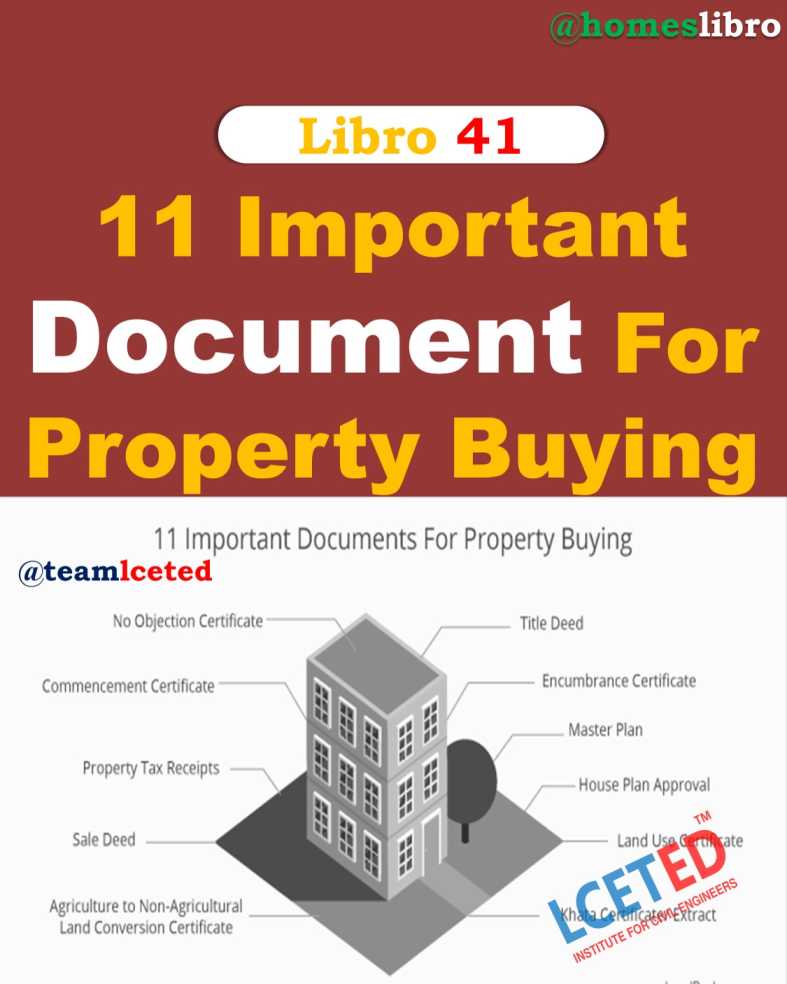How to choose the land for the house | Selection
of site for the residential building | Things you should consider before buying
a residential plot
The first step in constructing a new home is to study the actual construction procedure. The first and
foremost job in construction is to select a suitable site for the building. A
properly selected site of the building gives enhanced beauty to the building
without any extra expenditure.
The following points should be
considered while selecting the site for any particular building:
1. Soil at the building site
should not be of artificially made-up type. Buildings constructed over such
soils normally undergo differential settlement and cracks are quite common in
such buildings.
2. The site should not be
undulating since this leads to an increase in cost for levelling the ground.
3. The site should have its
general slope, sloping away from the site in order to enable easy drainage of
the building.
4. Civic services, such as
main water supply mains, electric lines, telephone lines, and drainage sewers,
should be near the site so that no additional costs are incurred.
5. The groundwater table in
the site should not be high.
6. Type of the building also
affects the site selection. For example, industrial buildings should be
situated outside the city, residential buildings must be near schools and
hospitals, and public buildings should be located in open areas so that all the
requirements may be fulfilled.
7. The selected site should be
as far as possible large enough to provide sufficient light and air to the
building.
8. The building site should
not be in a depression since this will cause drainage problems as well as
affect the aesthetic appearance.
9. If the site is sloping, it
should be rising towards the back. This improves the elevation and also gives
the feeling of comfort. On sloping sites, planning with differential floors
becomes possible. The garage and the miscellaneous utilities can be
accommodated in the basement.
10. The site should be
connected with good communication lines such as the good system of roads and
railways.
11. The site should possess
good soil at reasonable depths so that the foundation cost is reduced.
12. The selected site should
be adequate to accommodate all the essential accessories required in the
building.
13. Residential buildings
should not be located near workshops and factories since such locations are
subjected to continuous noise.
14. A site along the seashore is
good from the entertainment point of view but the sea breeze being damp affects
health. Metallic fittings are liable to corrode here.
15. The topographical features
of the site with natural and artificial surroundings affect the selection of the site to great extent. For instance, in a region of the city having large
buildings, a small residential building may not be aesthetically appealing.
16. For industrial buildings,
the site selected should be such that
(a) all the raw materials
required for the industry must be available nearby
(b) the labourers should be
available from the nearby areas
(c) the site must have enough
space for future expansion, industry, the construction of residential
areas for workers, etc.
(d) A suitable disposal plant to
treat the solid or liquid wastes produced by the industry must be available at a reasonable distance
17. Climate plays an important
role in selecting sites for industrial buildings. For example, cool and moist
weather is more favourable for weaving and textile mills.
FAQ
What are the things to consider when buying land?
· Plot
size
· Shape
of the plot
· Landform
features
· Access
to the plot
· The
neighbouring area around the plot
· The
legal status of the property
· Designation
of the plot
· Soil
investigations
· Access
to facilities
What to Check Before Buying a Land?
Once you have the original title deed, check it out. The
land must be in the name of the seller. Next, verify that the seller has full
rights to sell the land and that he is the sole owner. These can be verified by
enabling 'Title Search' on the State Government Registration Website.
What are the documents to be checked before buying land?







No comments:
Post a Comment